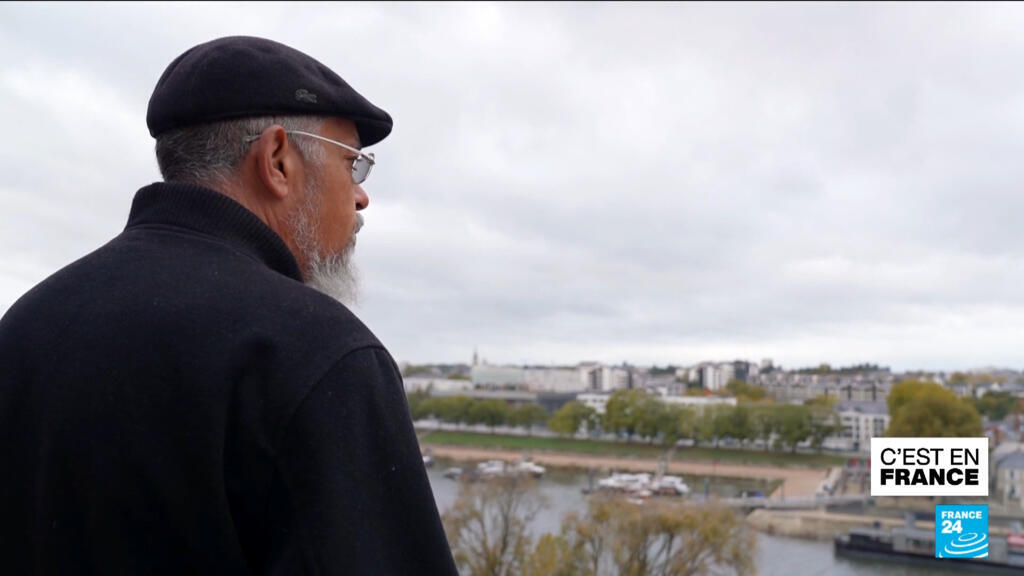A Decade After the 2015 Paris Attacks, France Intensifies Fight Against Evolving Islamist Terrorism
Ten years after the 2015 Paris attacks, France confronts evolving Islamist terrorism with strengthened prevention measures and recent legal actions involving associates of Salah Abdeslam.
- • France marks ten years since the 2015 Paris attacks, reflecting on counter-terrorism evolution.
- • Expert Gilles Kepel notes the diversification of Islamist terrorism threats since 2015.
- • The National Center for Assistance and Prevention of Radicalization plays a key role in violence prevention.
- • Maëva B., ex-partner of Salah Abdeslam, charged for involvement in a thwarted terrorist plot.
- • Abdeslam remains radicalized but is open to restorative justice dialogues with victims.
- • Authorities maintain vigilance as France adapts its strategies against evolving threats.
Key details
As France marks ten years since the November 13, 2015 terrorist attacks, the nation reflects on its evolving battle against Islamist extremism and recent developments in counter-terrorism. The threat landscape has significantly changed since 2015, moving away from well-organized terror plots by jihadists trained in Syria and Iraq to a more diversified set of challenges, according to Gilles Kepel, an expert on Islam and co-author of a new book on four decades of anti-terrorism in France. Kepel's analysis highlights that France’s fight against terrorism remains complex and demanding a renewed strategy.
Preventive efforts have also intensified. France now operates the Centre national d'assistance et de prévention de la radicalisation, which works extensively to prevent violent radicalization. Access to the center and interviews with terrorism experts, a former inmate, and a Bataclan survivor provide insights into lessons learned since 2015 and ongoing protective measures for citizens.
In legal developments linked to jihadist threats, Maëva B., former partner of Salah Abdeslam—the lone surviving attacker of the 2015 attacks—was placed under investigation and incarcerated for involvement in a foiled terrorist plan just days before the tenth anniversary. Abdeslam himself, while expressing a willingness to engage in restorative justice with victims—a process aimed at dialogue and healing—is considered by intelligence authorities to remain radicalized. His lawyer asserts he is not implicated in current attack plans and questions the timing of recent investigations, emphasizing that Abdeslam has not contacted Maëva B. since April.
These developments underscore the continued vigilance and complexity of France’s counter-terrorism efforts a decade on. While justice and prevention strategies evolve, the threat landscape's adaptation calls for ongoing attention and innovation in combating violent radicalization.
This article was translated and synthesized from French sources, providing English-speaking readers with local perspectives.
Source articles (4)
Source comparison
Latest news
French Public Sees Rise in Political Violence Amid Pre-Municipal Election Tensions
Businesses Drive French Economy Amid Rising Financial Challenges for Youth
France Climbs to 4th Place in 2026 Winter Olympics Medal Table After Biathlon Relay Gold
XV de France to Field Largely Unchanged Lineup Against Italy in Six Nations
France and India Deepen Strategic Partnership with Focus on AI Regulation and Defense Cooperation
Data Breach Exposes 1.2 Million French Bank Accounts, Authorities Warn of Fraud Risks
The top news stories in France
Delivered straight to your inbox each morning.


